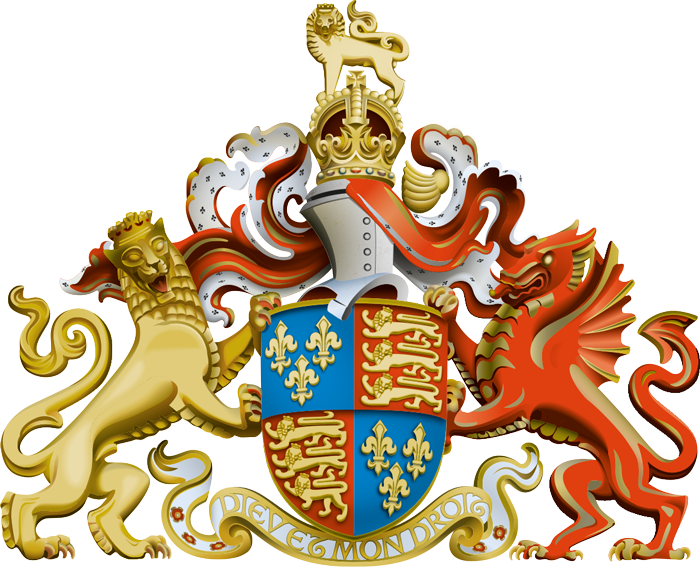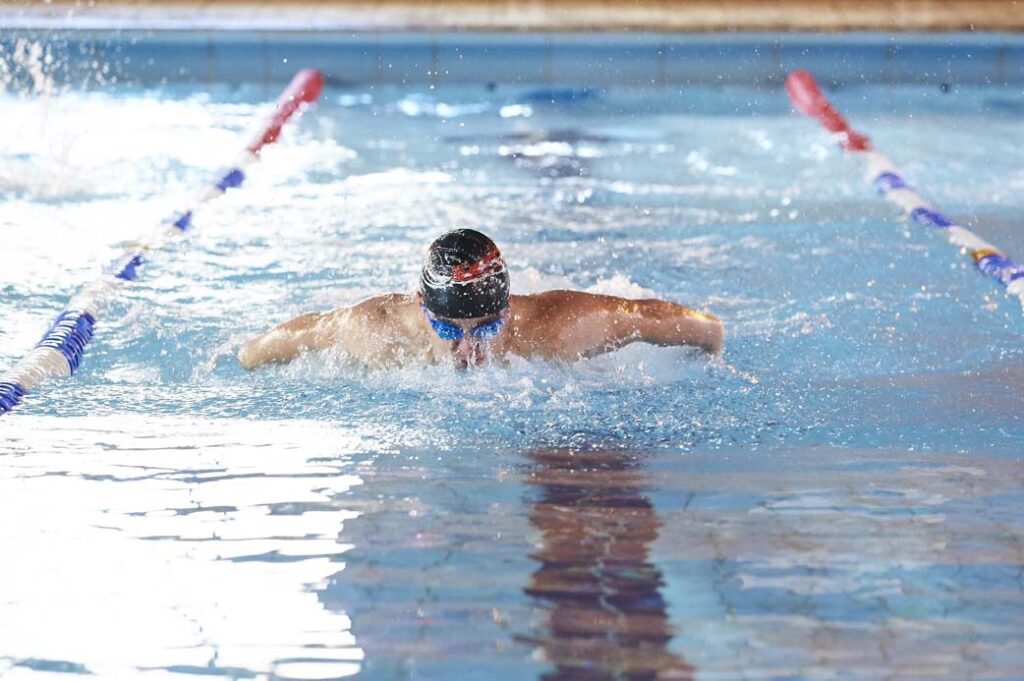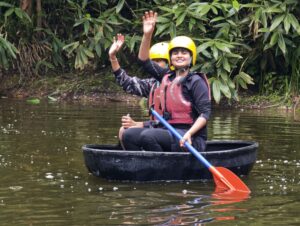From 2006 onwards, the Commonwealth Games criteria stated that there were 16 compulsory sports: aquatics, athletics, badminton, cycling, boxing, gymnastics, hockey, judo, lawn bowls, netball, rugby sevens, squash, table tennis, triathlon, weightlifting and wrestling.
Bowls, netball, cricket and squash are currently not included in the Olympics. Since 1930, when the Commonwealth Games were founded, the number of events has been increasing, with boxing, athletics and swimming being the only events to have been played in every Commonwealth programme.
Recently, however, the number of compulsory sports has been cut down to just two: swimming and athletics. They were chosen by the Commonwealth Games Foundation due to their significance in the history of the Games, and showing universality, participation, broadcasting, spectator interest, para-inclusion and gender balance. Additionally, there is no longer a requirement for there to be an athletes’ village, aiming to lower costs.
The number of compulsory events has been reduced in an effort to protect the Commonwealth’s future and to provide more open choices for the host cities. With this freedom, cities can choose more modern or urban sports, which can appeal to younger audiences. The future could bring us BMX races, skateboarding, surfing, climbing, even e-sports are on the cards as a possibility. More personally, it allows host cities to choose sports which are particularly popular in that country, such as lacrosse in Canada. It steadily paves the way for smaller countries to potentially host.
In the upcoming Birmingham Commonwealth Games, the 16 compulsory sports remain in place, plus an additional 10 sports: diving; basketball, mountain biking, track and time trial cycling, gymnastics, triathlon, beach volleyball, T20 cricket (women) and table tennis. This brings the total number of different sports to 19, one more than the 18 in the Gold Coast 2018.
There are however concerns over the new policy, especially amid the sports which are no longer compulsory. It will undoubtedly provide new opportunities, but only the future will know its cost to the Games.












